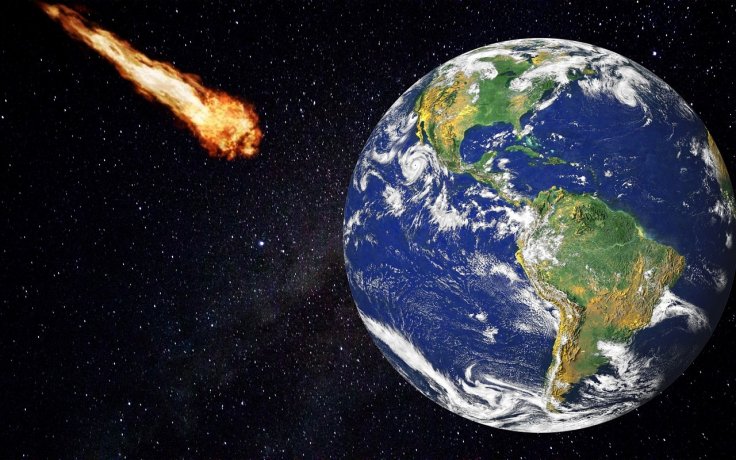It was on April 29, 2017, that a fireball lit up the skies over Kyoto, in Japan. Further analysis conducted by researchers at the National Astronomical Observatory of Japan (NAOJ), Kyoto Sangyo University (KSU) and the Nippon Meteor Society found that the dust particle that flamed out in the skies a couple of years ago had an orbit similar to the binary asteroid 2003 YT1.
Will the parent asteroid endanger life on earth?

The new study report published in the Astronomical Journal revealed that the asteroid 2003 YT1 had cracked up at one point in time due to YORP effect that essentially caused it to twist in an odd way as it rotated.
It should be noted that this break in asteroid could bring about lots of dust to the earth's atmosphere, and it may even trigger a scenario very similar to a nuclear winter.
Even though most of the dust particles will burn harmlessly in the earth's atmosphere, a complete breakout of 2003 YT1 into smaller asteroids could eventually pose a threat. Shockingly, this binary asteroid has a huge size, and as per the latest analysis, it measures about 1.2 miles in diameter.
"We uncovered the fireball's true identity. The 2017 fireball and its parent asteroid gave us a behind-the-scenes look at meteors. The potential breakup of the rock could be dangerous to life on Earth. Those resulting asteroids could hit the Earth in the next 10 million years or so," said Toshihiro Kasuga, a visiting scientist at the NAOJ and KSU in a recent statement.
Will an asteroid hit the earth in the near future?
It was around 66 million years ago that a giant asteroid hit the earth and resulted in the extinction of dinosaurs. Since then, no space rock with such devastating effect has hit the earth.
However, top space scientist Iain McDonald believes that devastating asteroid hits are not confined to the past, and he believes it may happen in the future too. American physicist Neil deGrasse Tyson also shares a similar belief, and he predicts that life on earth will be wiped out one day or the other following an asteroid hit.









